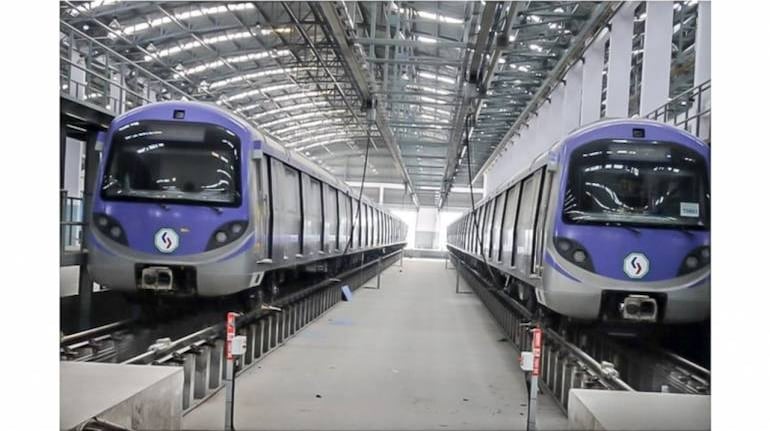



The Kolkata Metro Railway on September 28 said it will resume services on Sundays from October 4.
The first service will commence from both ends at Noapara and Kavi Subhash stations at 10.10 am and the last one will start at 7.30 pm, an official said. The Sunday services will, however, be available only in the north-south line, excluding the East West Metro, spokesperson Indrani Banerjee said.
The East West Metro has been suffering from poor passenger patronisation, with only a little over a 100 riding it on weekdays. The decision to resume Sunday services was taken at a high-level meeting of Metro Railway officials, Banerjee said.
The Kolkata Metro resumed operations after over five months on September 14 with strict health protocols in place in the wake of the COVID-19 pandemic, and introduced e-passes for entry into stations.
A maximum 400 passengers can travel at a time in its trains to avoid crowding and maintain safety norms. trains to avoid crowding and maintain safety norms.
Follow our full coverage of the coronavirus pandemic here.
Discover the latest Business News, Sensex, and Nifty updates. Obtain Personal Finance insights, tax queries, and expert opinions on Moneycontrol or download the Moneycontrol App to stay updated!